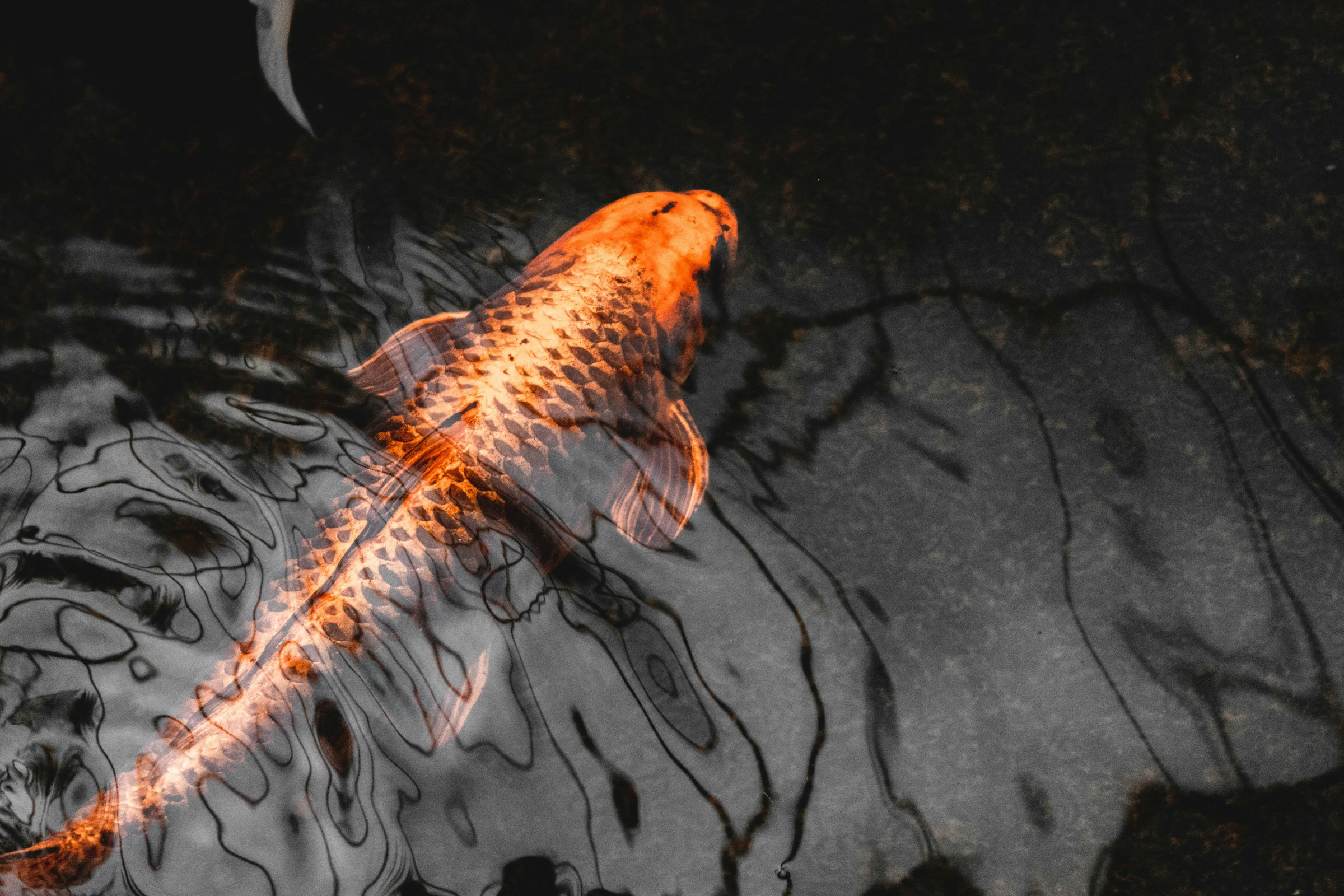Sustainable fishing is essential for the health of our waterways and fish populations. UK anglers have a vital role to play in protecting these resources for future generations. By adopting responsible practices, such as catch-and-release methods and proper waste disposal, anglers can contribute to the longevity of fish species. This guide explores effective strategies and innovative techniques that promote ecological balance while enjoying the sport. Embrace these measures and make a positive impact on our aquatic ecosystems.
Evidence-Based Sustainable Fishing Techniques
Sustainable fishing methods are crucial for maintaining healthy marine ecosystems. These techniques, grounded in scientific research, aim to balance fishery productivity with the conservation of fish populations. One key approach involves using gear that minimizes bycatch—unintended species caught during fishing. For example, turtle excluder devices in trawl nets allow turtles to escape, reducing their mortality rates.
En parallèle : UK”s Drone Regulations: Safeguarding Nesting Raptors from Disturbance
Adhering to fishing regulations in the UK is essential for promoting sustainable practices. These regulations include quotas, which limit the amount of fish that can be caught, ensuring fish populations remain stable. Additionally, closed seasons and protected areas help safeguard breeding grounds, allowing fish populations to replenish.
Conservation practices, such as catch and release, are vital for minimizing the impact on aquatic life. To ensure the survival of released fish, it's important to handle them gently and use barbless hooks, which reduce injury. Anglers should also avoid fishing during extreme weather conditions, as stressed fish are less likely to recover.
Dans le meme genre : Engaging Young Minds: Innovative Ways British Schools Can Inspire Kids to Conserve Local Wildlife
By implementing these evidence-based techniques and following regulations, we can support the long-term health of our oceans and the communities that depend on them.
Habitat Conservation Strategies
Habitat preservation is fundamental to maintaining robust fish populations, as healthy ecosystems provide essential resources for fish survival and reproduction. Fish habitats, such as coral reefs, mangroves, and seagrass beds, support diverse marine life and contribute to the overall health of the ocean.
One effective strategy for preserving local fishing habitats is the establishment of marine protected areas (MPAs). These zones restrict human activity, allowing ecosystems to recover and thrive. MPAs can enhance fish populations, which in turn supports sustainable fishing practices.
Community involvement is crucial for successful habitat restoration projects. Local communities, often reliant on fishing for their livelihoods, play a pivotal role in conservation efforts. By participating in activities like planting mangroves or cleaning up coastal areas, communities help restore and maintain vital fish habitats.
Engaging stakeholders through education and awareness programs fosters a sense of responsibility and encourages sustainable practices. By understanding the importance of habitat preservation, communities can contribute to the long-term health of marine ecosystems, ensuring the sustainability of fish populations for future generations.
Legislative Framework for Anglers
Understanding the fishing laws and UK regulations is essential for anglers committed to sustainable practices. These regulations are designed to ensure the long-term health and viability of fish populations. In the UK, anglers must comply with rules such as obtaining the necessary licences and adhering to size and bag limits. These measures prevent overfishing and help maintain ecological balance.
The impact of such legislation on fish population sustainability is significant. By enforcing quotas and protected zones, these laws help to preserve fish stocks and their habitats. This not only benefits the marine ecosystem but also supports the fishing industry by ensuring resources remain available for future generations.
Anglers play a crucial role in advocating for stronger conservation policies. By participating in conservation discussions and reporting illegal activities, they can influence policy-making. Engaging with local authorities and environmental groups can amplify their voices, promoting more stringent regulations and enhanced protection measures. This active involvement helps safeguard marine environments, ensuring that fishing remains a sustainable activity.
Success Stories from Local Fishing Communities
Local fishing communities in the UK have demonstrated remarkable success in community initiatives aimed at conservation. These efforts are driven by a deep connection to their environment and a commitment to sustainable practices.
One compelling case study comes from a coastal village in Cornwall. Here, a community-led project focused on restoring seagrass beds has yielded significant results. By engaging local anglers and conservationists, the initiative has rejuvenated vital fish habitats, showcasing the power of local conservation.
Testimonials from participants highlight the importance of collaboration. A local angler noted, "Working together has not only improved our fishing prospects but also strengthened our community bonds." This sentiment is echoed by conservationists, who emphasize the role of shared knowledge and resources in achieving successful outcomes.
Key lessons from these projects include the value of inclusive planning and ongoing education. By involving diverse stakeholders and fostering a culture of learning, communities can implement successful practices that ensure the sustainability of marine ecosystems. These stories serve as inspiring examples for other regions, illustrating how grassroots efforts can lead to meaningful change in preserving our oceans.
Resources for Further Learning
For those eager to deepen their understanding of fishing sustainability, various educational resources are available. In the UK, several conservation organizations are committed to promoting sustainable fishing practices. The Marine Conservation Society and The Wildlife Trusts are notable examples, offering valuable insights and initiatives.
Engaging in fishing workshops can significantly enhance an angler's knowledge. These workshops often cover topics such as sustainable fishing methods, the importance of habitat preservation, and how to comply with local regulations. They provide hands-on experiences and practical advice, making them an excellent choice for both novice and experienced anglers.
Online platforms also offer a wealth of educational resources. Websites like Fishery Network and Sustainable Fisheries provide up-to-date information on conservation efforts and best practices. These platforms are ideal for staying informed about the latest developments in sustainable fishing, offering articles, videos, and discussion forums.
By utilizing these resources, anglers can gain a comprehensive understanding of sustainable fishing, equipping them with the knowledge to make informed decisions and contribute to the preservation of marine ecosystems.
Engaging with Angling Communities
Engaging with angling groups is a powerful way to promote sustainable fishing practices. These communities provide a platform for anglers to share knowledge, resources, and experiences, fostering a collective commitment to conservation. By joining local angling groups, individuals can actively participate in efforts to preserve marine ecosystems and ensure the longevity of fish populations.
Community engagement is crucial for successful conservation initiatives. Angling groups often collaborate with conservation organizations, creating opportunities for joint projects that benefit both local fisheries and broader environmental goals. These collaborative efforts can include habitat restoration, monitoring fish populations, and advocating for sustainable fishing regulations.
Participating in local events is another effective way to promote sustainable fishing practices. Many angling groups organize workshops, clean-up activities, and educational sessions that focus on conservation. These events not only enhance individual knowledge but also strengthen community bonds, encouraging a united approach to preserving aquatic environments.
By actively engaging with angling communities, individuals can contribute to meaningful conservation efforts. This involvement not only supports the health of marine ecosystems but also ensures that fishing remains a sustainable and enjoyable activity for future generations.






